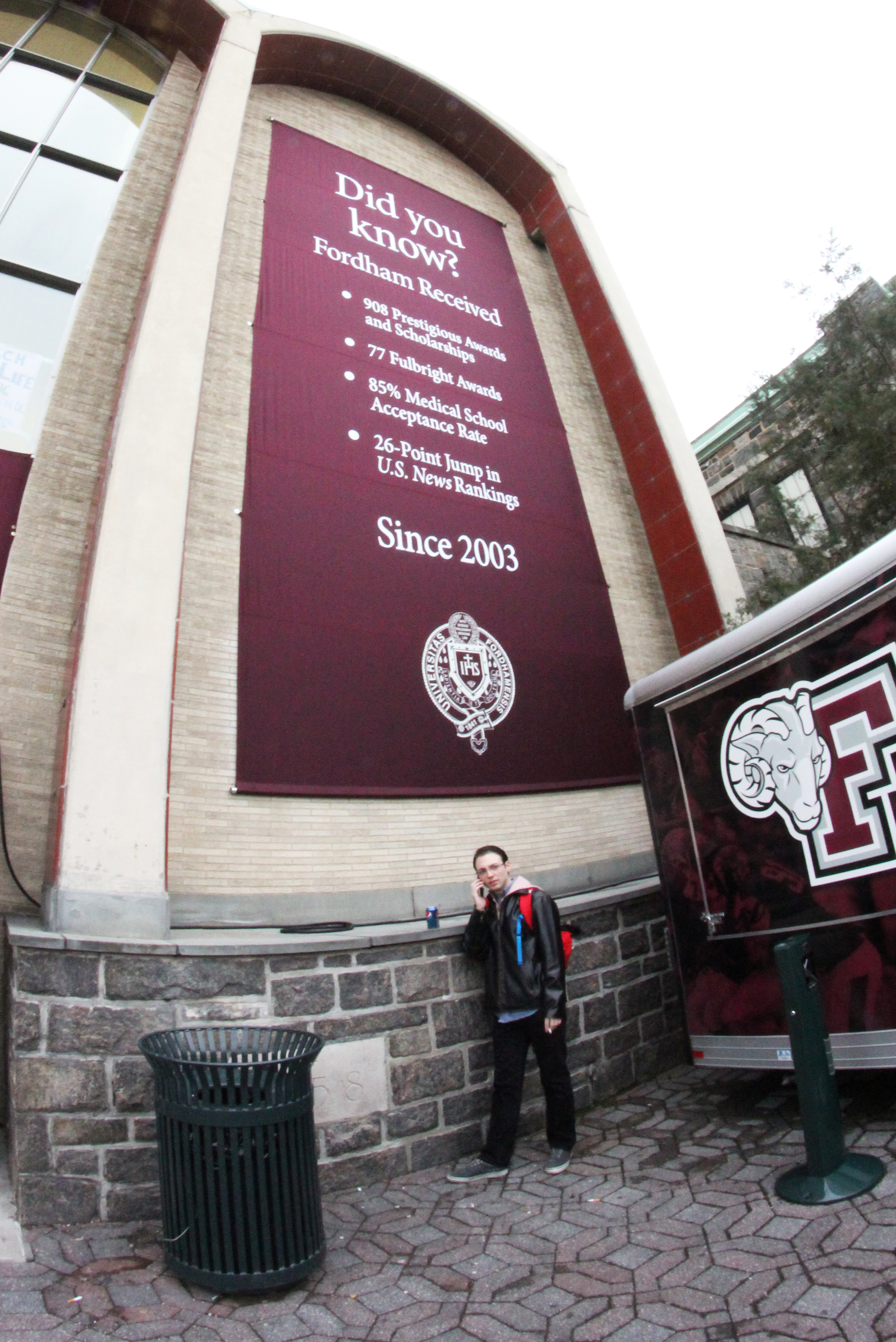By DAVID OBERMAN
CONTRIBUTING WRITER

I applied to university twice, once as a senior in high school and once as a transfer, submitting a total of 26 applications. I remember my father’s candid advice, quite well, “Go to a good school and get a degree.” Perhaps the explicitness of his direction explains the abominable stack of books on different universities that now resides on my little sister’s desk. Hopefully, she will dispose of them, except The Naked Roommate — that one is worth reading.
When most of us applied to school, we analytically consulted rankings. I now realize the truth about rankings. They are useless unless you are into tooting your own horn. Okay, maybe rankings are good because they tell us how hard it would be to get into a certain school.
“I definitely considered rankings. I wanted a school that had overall good rankings and was recognized nationally,” Laura Mahmoudian GSB ’16 said. “Also, I wanted to attend a business school which would provide internship opportunities in the city.”
In reality, there are four types of universities: elite universities, great universities, good universities and schools to which everyone is accepted. Although schools like Ohio State and the University of Alabama may accept almost anyone, they still have excellent programs.
What few students realize when they apply to universities is that higher education institutions are organized by programs. Students are essentially getting a degree from university in a specific program.
College applicants should be researching specific programs, which usually are divided into colleges, such as Fordham’s Gabelli School of Business, and then into departments. Students should focus on applying to schools that have broad education programs that give students the option to specialize.
What about applicants who are not really sure about what they want to do? There are two basic analytical methods through which students earning college degrees typically choose their majors. They either specialize in quantitative analysis or qualitative analysis. Students who are good at qualitative analysis should consider schools with strong liberal arts programs. Students who are good at quantitative analysis should apply to schools with strong math and business programs. Students who are unsure of their future path should apply to schools with strong core curriculums. These strong core curriculums provide students extra time to explore a broader range of subjects.
Ultimately, however, there is no definitive way to choose a university, although there is one key thing for students to focus on—the educational value of whatever they are doing. They should remember that they are going to college to get an education, not just to learn a skill set that allows them to work for a certain company. If someone just wants a skill set, it is much cheaper and easier to buy a degree from China and take community college classes.
David Oberman, GSB ’15, is a finance major from Palos Verdes Estates, Calif.






































































































































































































